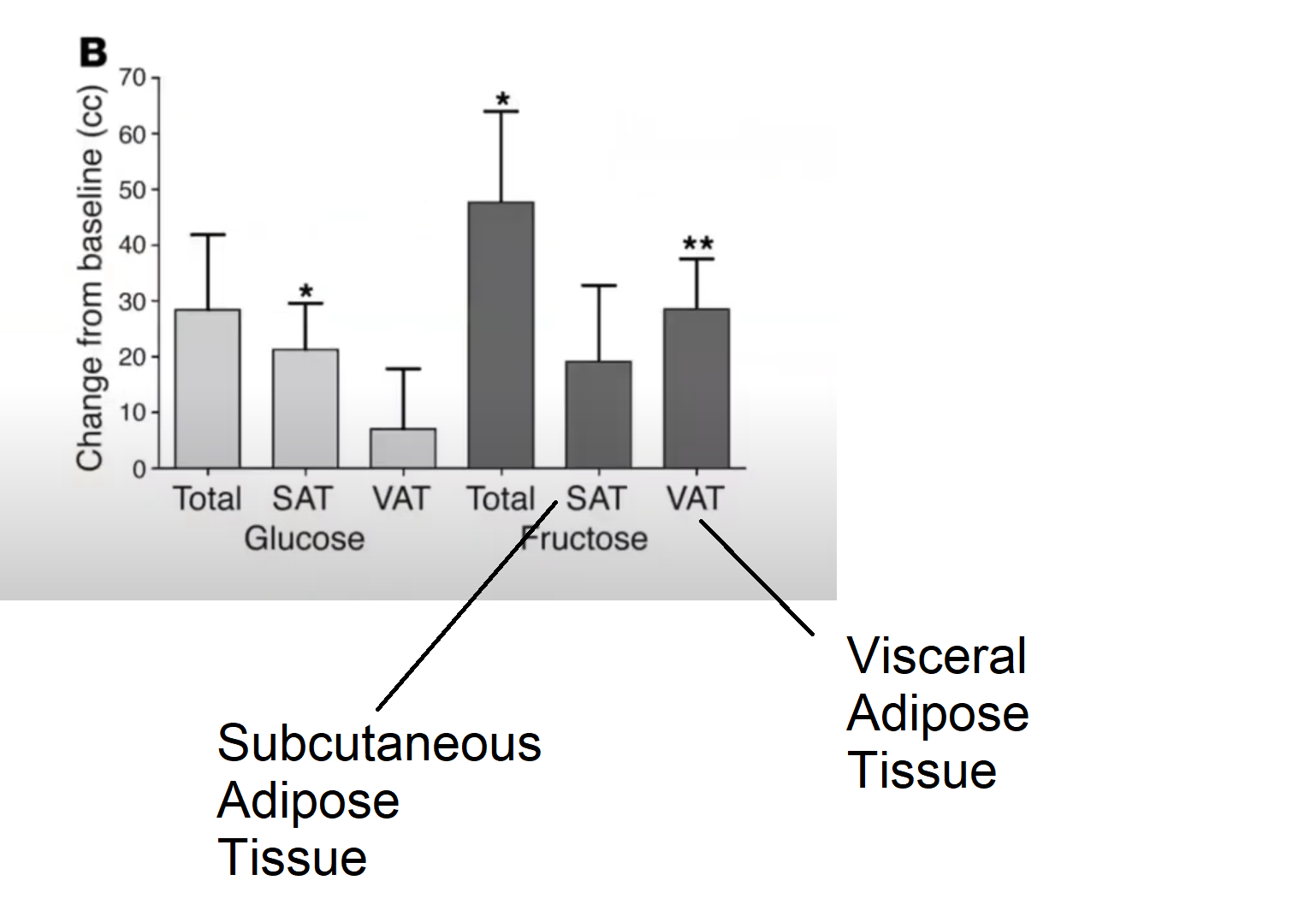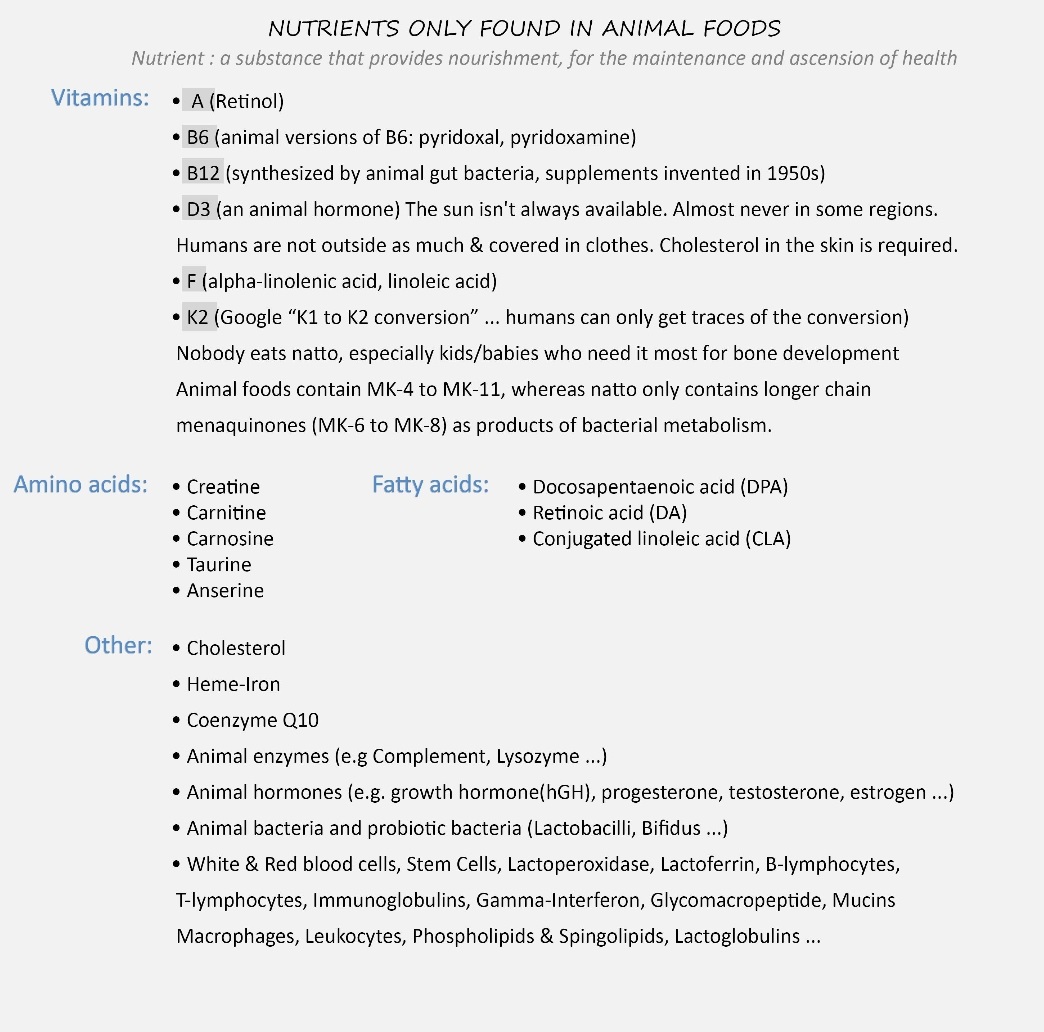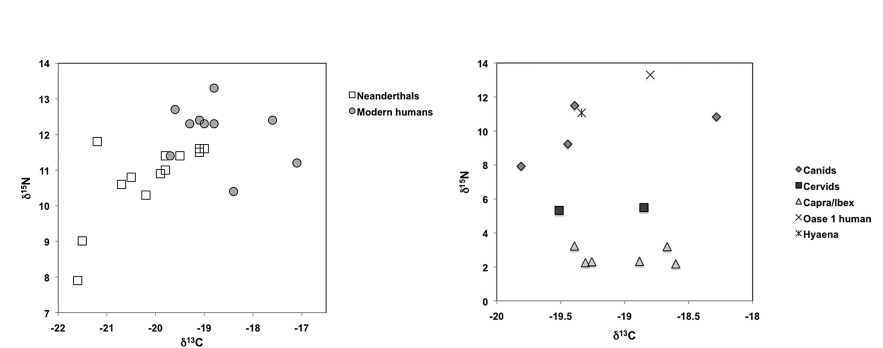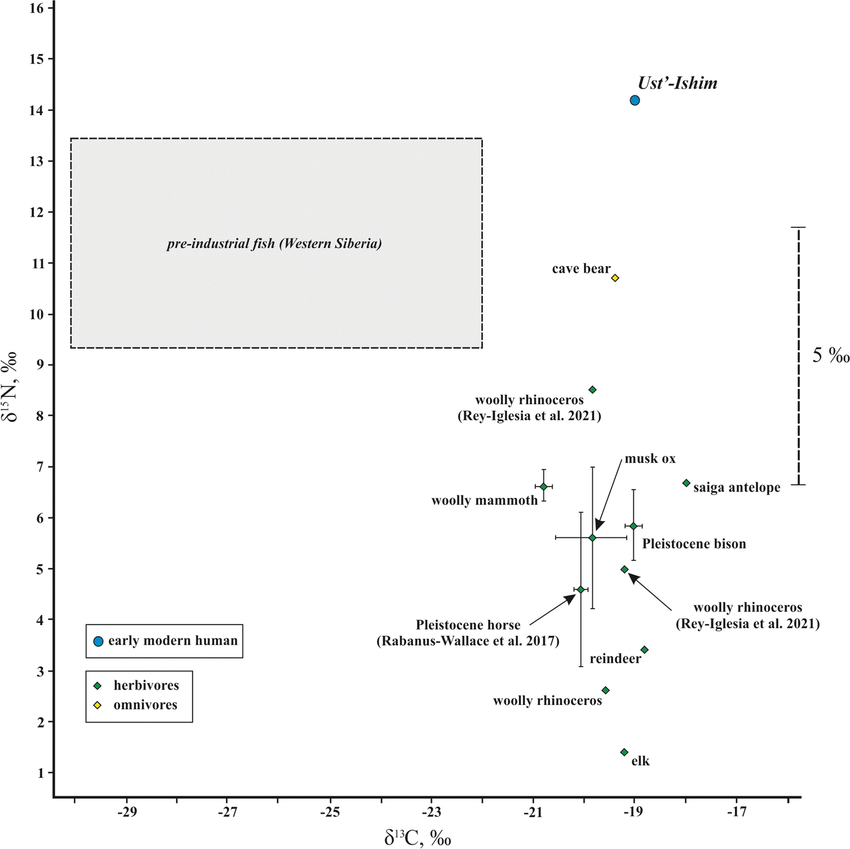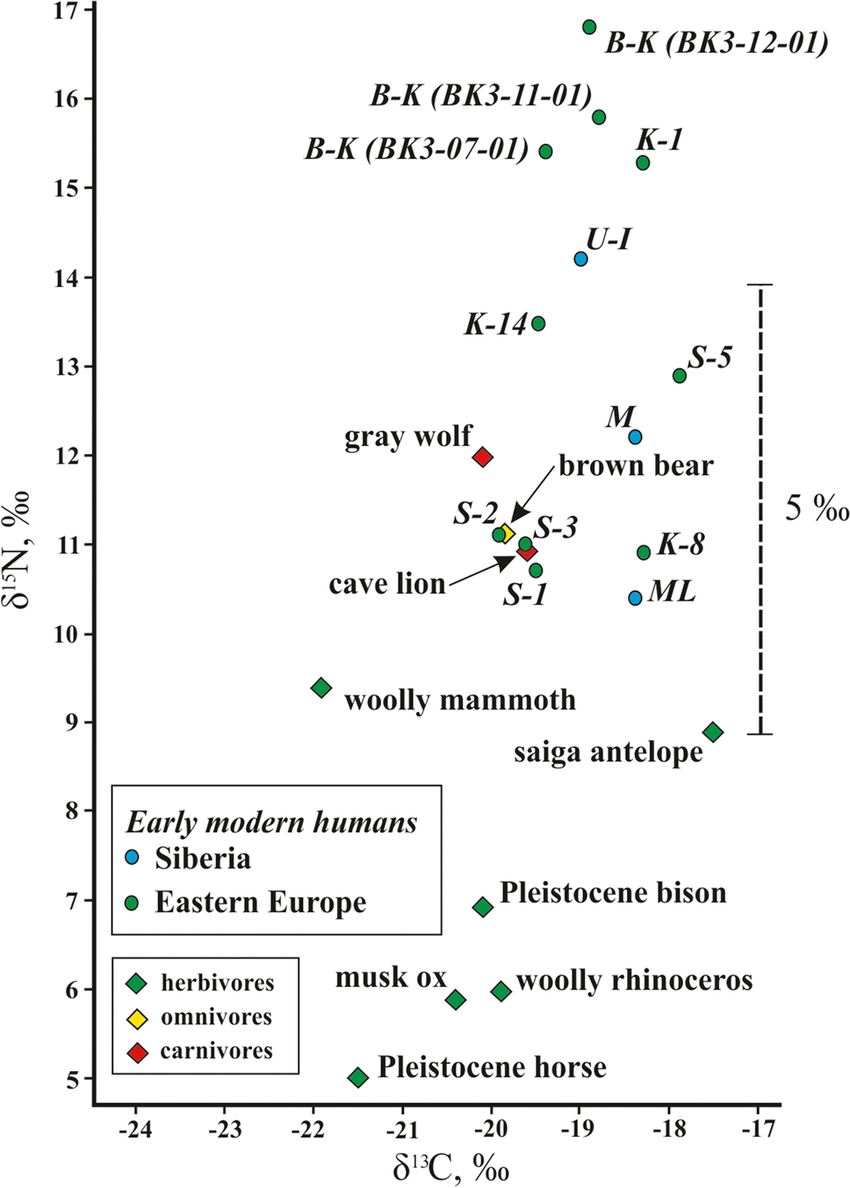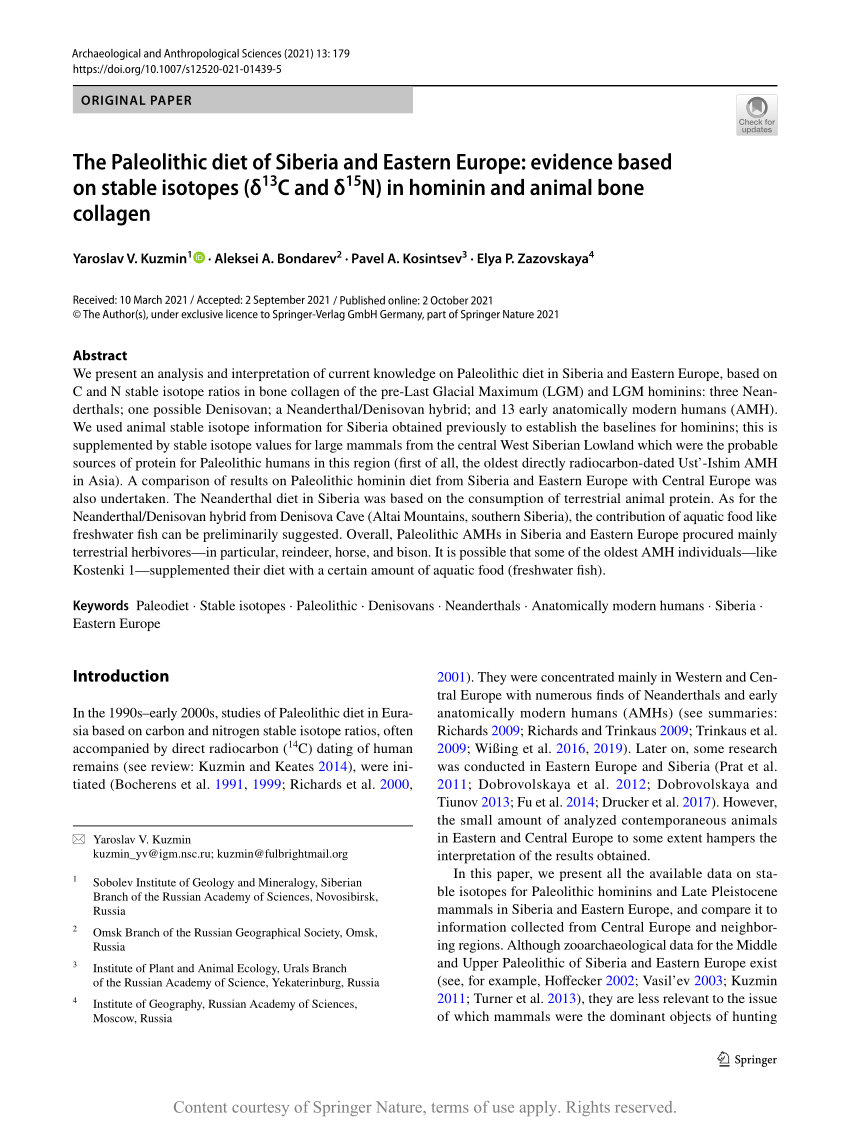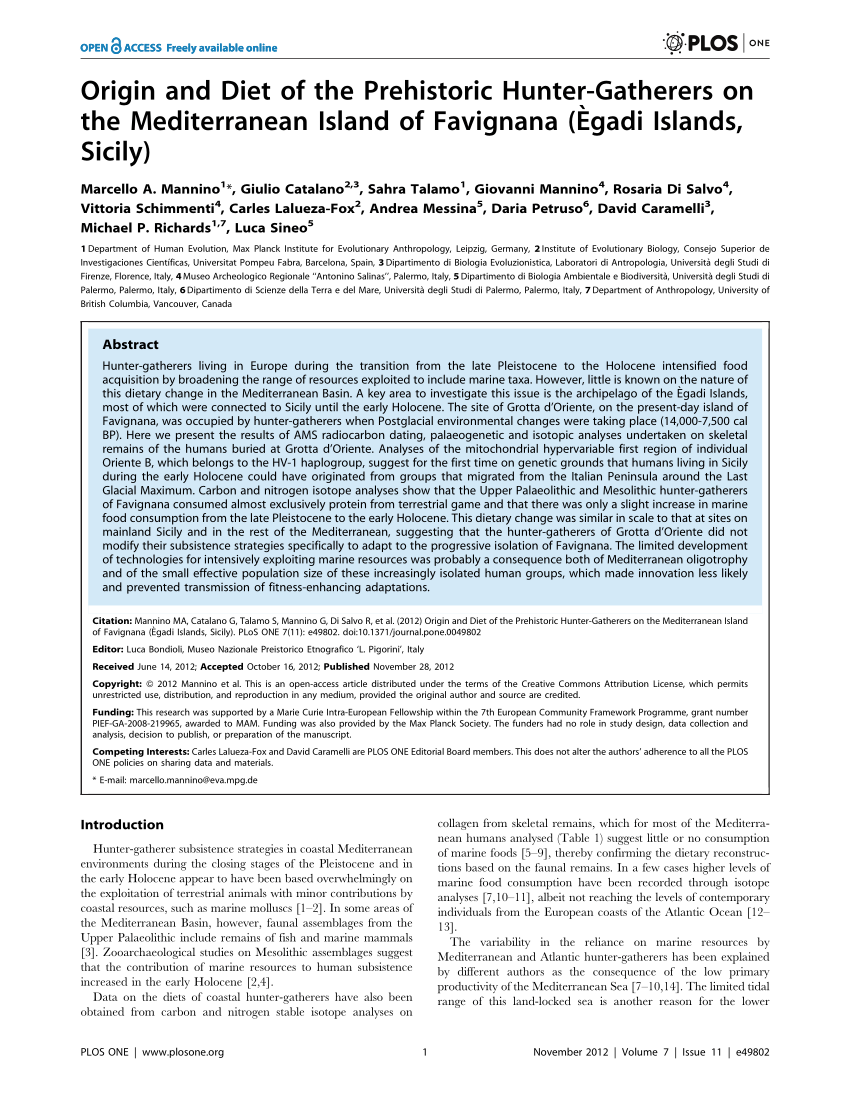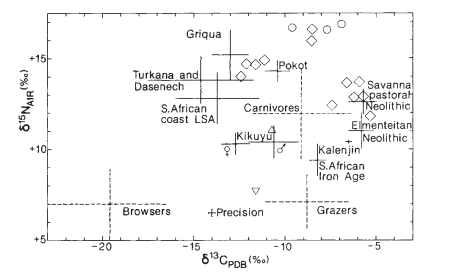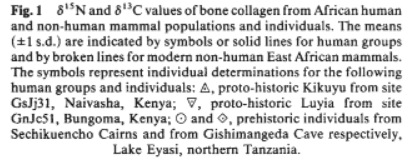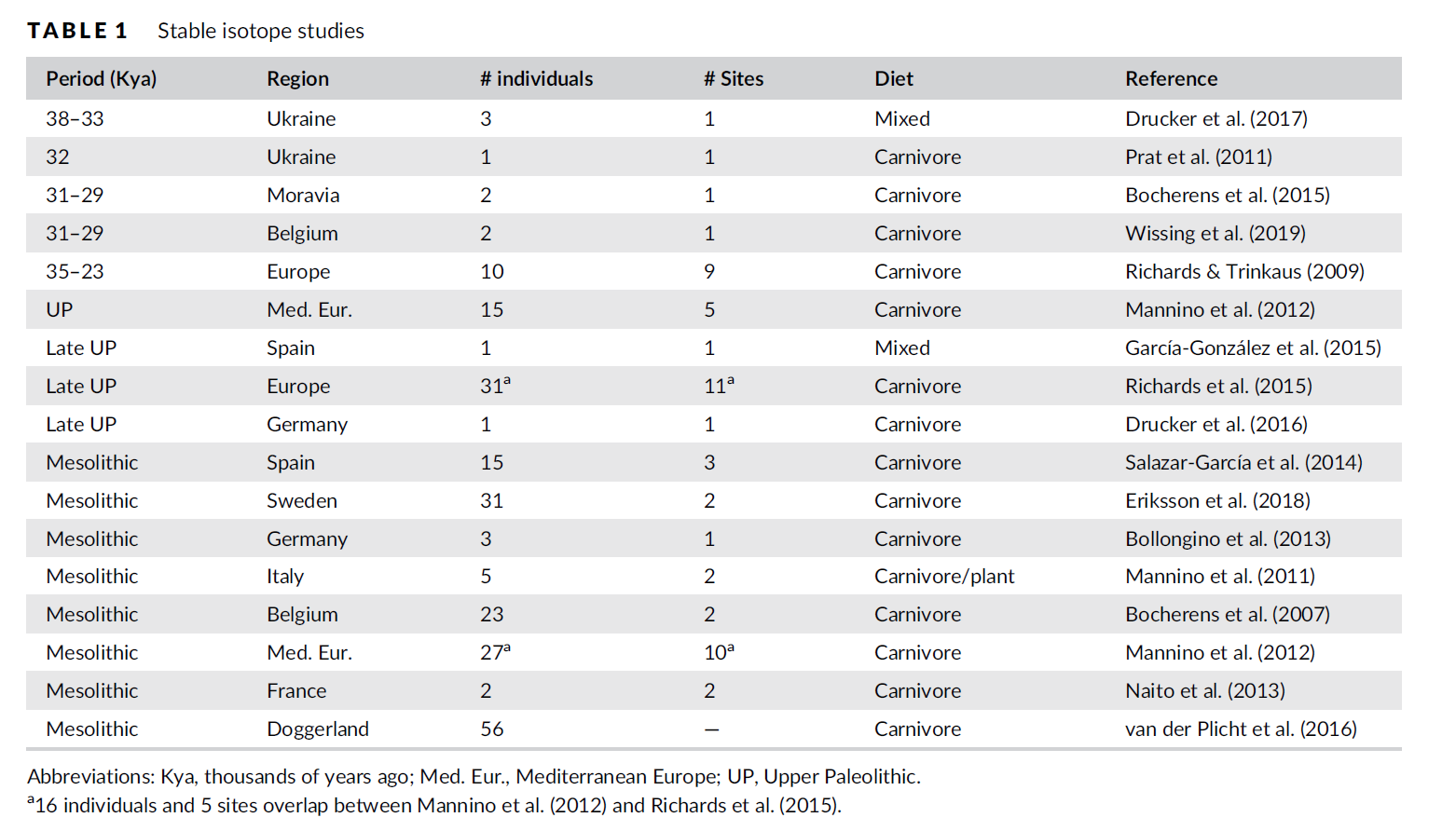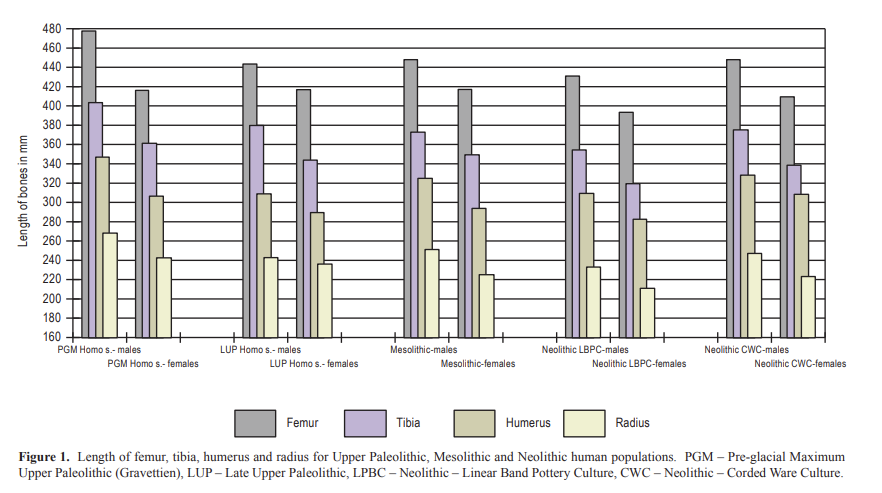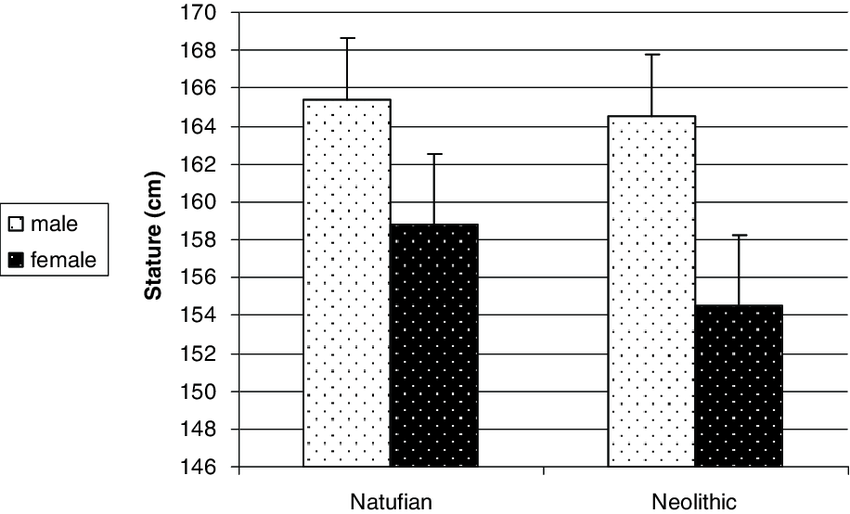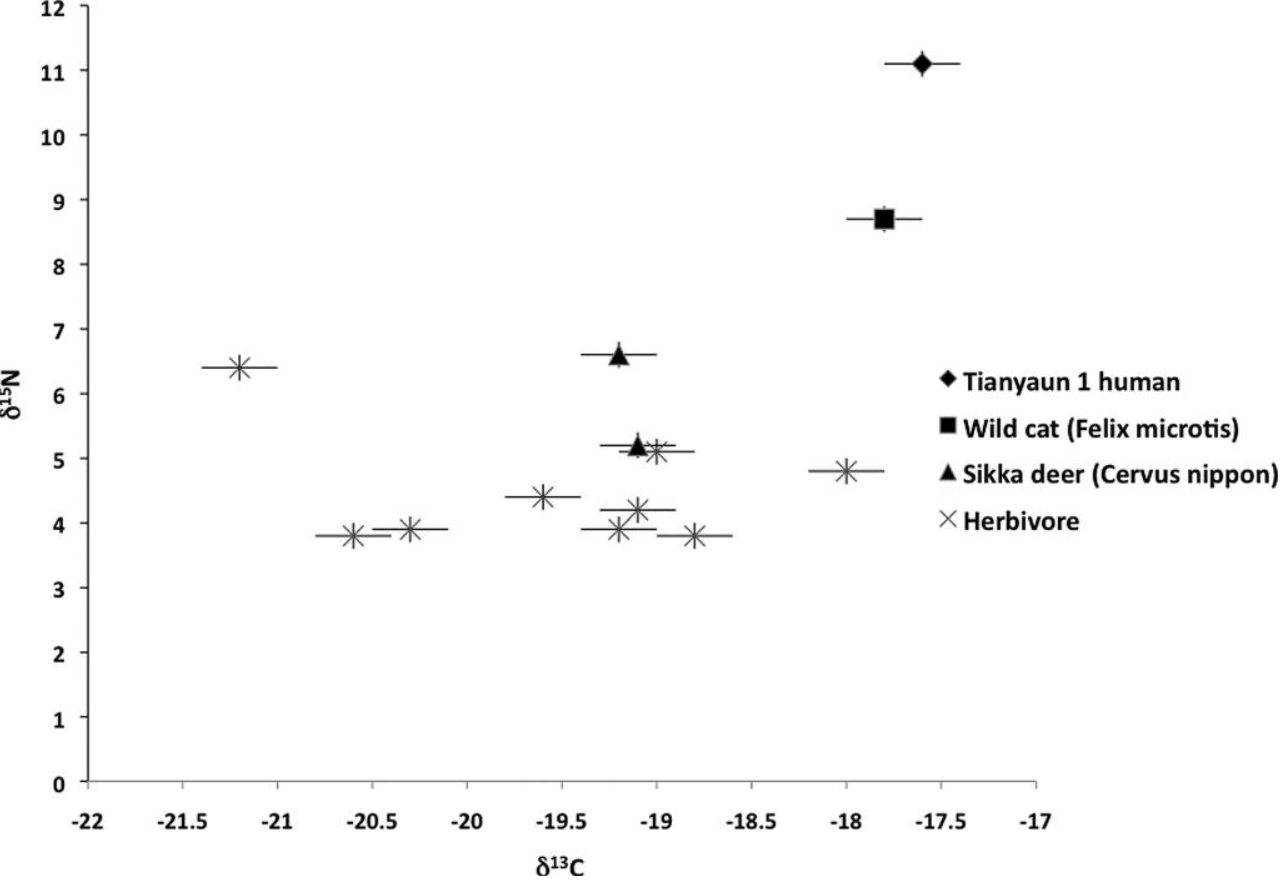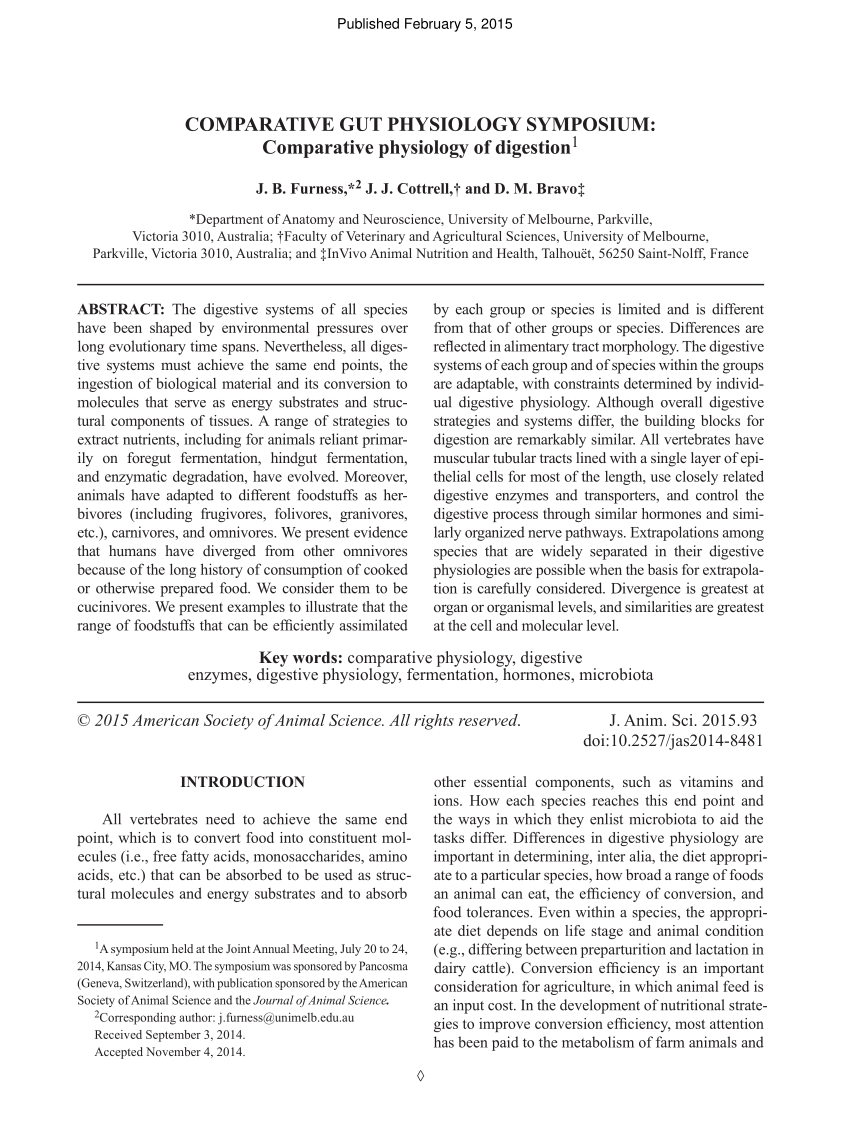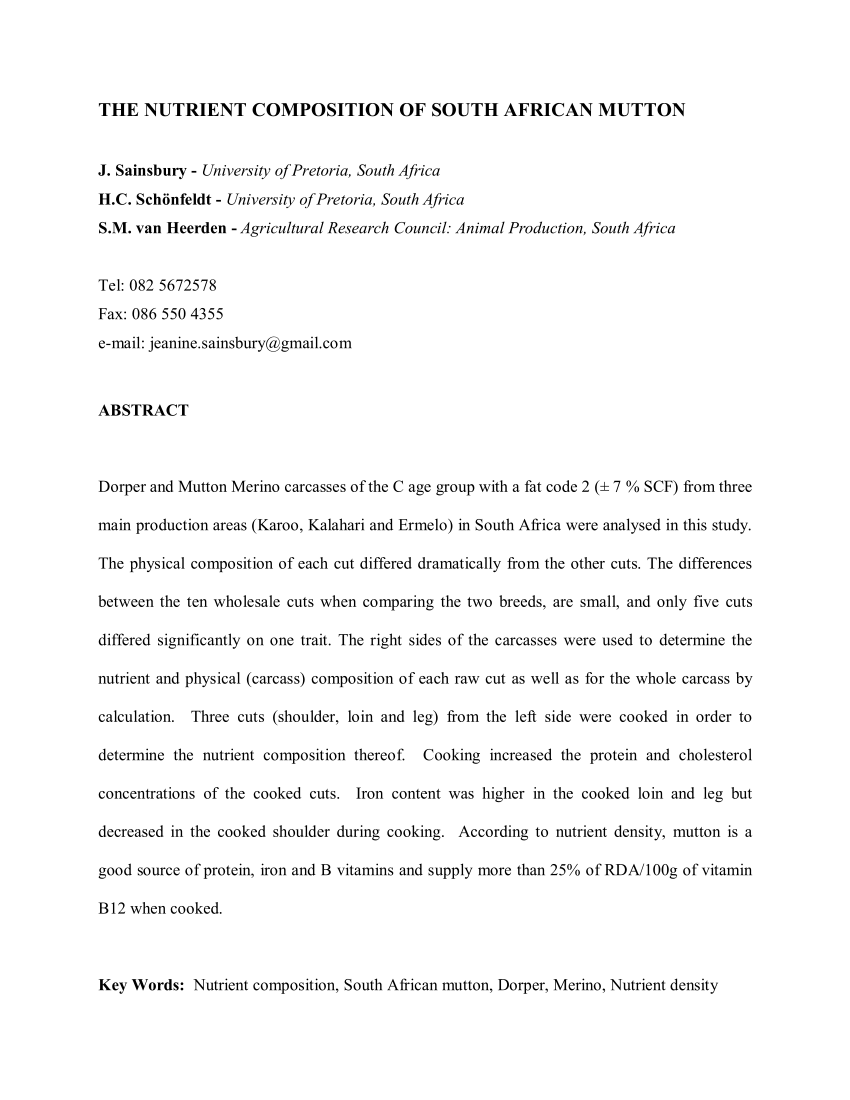Carbs are good for you, some of the blue zones eat very high carb diets, dates, oranges, apples, raw honey, guava, milk and potatoes are all good sources.
Watch this video:
And this too:
It's very arguable that any amount of exogenous carbohydrate is toxic to the human body, especially for modern people who often have low muscle tone and muscle development meaning not a lot gets shuttled into their muscle glycogen (which is useful) and just ends up becoming subcutaneous and visceral fat while also wrecking havoc on their cells and bloodstream. The body does not really need 1 gram over what it produces itself wondering around, especially if you're not a very muscular and athletic person but even then it's not arguably required, you can just handle it less dysfunctionally than other people due to being able to shuttle it off into your muscle glycogen where it can't cause many problems.
It's seemingly only crucial during the first 2-3 years of human development as that doctor above imparts as it helps stimulate growth and the development of your microbiome at that point in a person's life as
this study pretty much supports as well and in that case it's in the form of lactose which is equal parts glucose and galactose, the latter of which goes through a 4-step process to breakdown into glucose in the body. Fructose, which is found in fruits, honey and all this processed gunk is inappropriate for the human body. It has pretty much zero use in our bodies and is much more biased than glucose toward ending up as visceral fat which an eventual excess of is literally what in time causes type-2 diabetes and heart-disease which both my father and
@El Nino's father have:
Studies in animals have documented that, compared with glucose, dietary fructose induces dyslipidemia and insulin resistance. To assess the relative effects of these dietary sugars during sustained consumption in humans, overweight and obese subjects consumed glucose- or fructose-sweetened...

pubmed.ncbi.nlm.nih.gov
Also, the carb intake of the blue zones is greatly exaggerated much like how these deceptive researchers pretty much hid how much animal foods these groups ate in abundance. Most rural Greeks like Ikarians did not eat much carbs at all, man. Just ask them now yourself. Bread was fermented for like 3 days and used very sparingly (like one loaf for several days) with dairy and meat. Okinawans were eating mostly things like Pork
and even some plant-based goons openly admit most of the benefits in the Seventh Day Aventists' diet is from the dairy they were consuming. Ironically, it's usually their neighboring groups who eat more starches, fruits and plant-oils like coastal Greeks and Costa Ricans compared to the more inland, mountain folks and those aren't, as far as I know, the ones with the long lifespans or good health outcomes.
And all this "our ancestors ate fruit and honey" stuff people tout online is foolish, wallahi. That stuff, in the case of fruits, wasn't even as sugary as it is now in a lot of cases and in the case of both it was seasonal (not remotely all year or even close to the majority of the year) and groups they like to point to like the Hadza who eat a lot of such things now will openly tell you that they used to eat way more meat in comparison a few generations ago before they got moved onto lower quality land by their government, pastoralists and farmers. All these tubers, fruits and honey are a mark of their destitution.
Not to mention that groups like the Hadza aren't as healthy now and even
have documented notable tooth decay unheard of in Paleolithic peoples.
Carb intake should be higher than protein intake.
We are mainly made up of fat and protein once you account for water, not sugar in the least and, yes, we make all of the glucose we need. What would posses anyone to think carbs should outdo protein is beyond me, xawey. Frankly, this absurd fear of protein is why some folks out there fail on ways of eating like strict carnivore and integrate stuff like honey the way that absurd Doctor Paul Saladino who chugs like 200 grams of the stuff daily does. This fear of protein causes all sorts of issues with things like electrolyte balance and satiation:
Electrolyte Problems on a Carnivore Diet? - Harry Serpanos
People screw themselves in the long-term by fearing protein intake. Nothing to fear. All the bullshit "science" around fearing it is just that; bullshit that does not remotely control for a number of confounding factors like the other junk people are eating and how unhealthy they are overall. And, ironically, most of those bluezone groups you mentioned ate a shit ton of protein.
It also intuitively makes no sense and is one of the reasons why I always furrowed my brows at the mainstream Ketogenic crowd. Outside of isolated fats like tallow and butter, most animal foods that are rich in fat are also rich in protein if not sometimes richer in the latter:
- Rib-eye Steak (291g): 63g of Fat & 69g of Protein
- 5-egg Omelette: 35g of Fat & 30g of Protein
- 8 oz Salmon fillet: 28g of Fat & 47g of Protein
- 200g block of Halloumi: 52g of Fat & 48g of Protein
So it's arguably not even natural to be consuming "high fat and moderate protein" like they propose and as the Greek fella in the videos I've shared
explains it's appears beneficial to keep fat and protein somewhat comparable for that insulin to glucagon ratio. This lowering of protein (animal protein), if I recall correctly, is why some of the folks in the mainstream ketogenic crowd eventually end up with endocrinal issues as well. You're basically supposed to go in and out of ketosis and a sort of low-grade ketosis through elevated protein consumption and thus gluconeogenesis. You're not supposed to be deep in ketosis all the time, basically. But this doesn't mean requiring carbs as that will just do things like stimulate the randle cycle as well as age and damage you overall in the long-term, increasing issues like inflammation and glycation.
Post continued...


